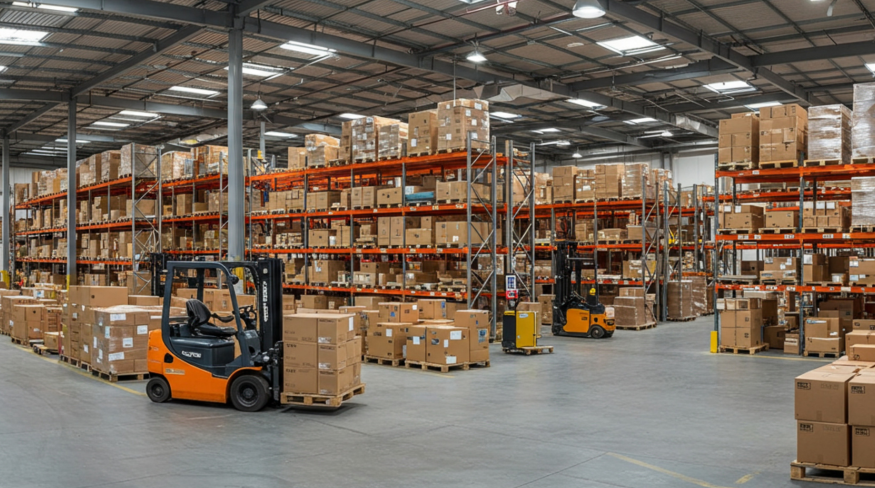Buying automotive parts online is now part of the daily routine for repair shops, retailers, and drivers. However, if the purchase doesn’t arrive quickly or isn’t exactly what the customer expected, the experience turns into frustration. Logistics, once seen as “backstage,” has now become a decisive factor in maintaining trust and boosting conversion in the digital auto parts market.
Fast deliveries: the factor that drives purchase decisions
Urgency is clear in the automotive sector: a vehicle stopped at a repair shop means losses. Strategies such as decentralized inventories in consumption hubs have allowed distributors to deliver essential parts within 24 hours. This practice was highlighted by the portal Logweb as one of the keys to maintaining competitiveness, as customers value short and reliable delivery times.
Order tracking, known as “live tracking,” allows customers to follow each step of the delivery process. This transparency reduces uncertainty, increases trust in the brand, and helps quickly identify and resolve logistical issues.
Efficient inventory management and system integration
One of the biggest challenges in automotive e-commerce is avoiding the sale of unavailable parts. Companies that automate real-time updates of inventory and pricing connecting marketplace, ERP, and WMS can reduce cancellations and improve their digital reputation. This ensures that workshops and retailers find the right product at the right time, without delays or frustration.
Organized reverse logistics: returns that build loyalty
Even with efficient processes, mistakes happen. Having a clear exchange and return policy, supported by simplified reverse logistics, turns negative situations into opportunities for loyalty. Fast and transparent service ensures that customers feel confident making new purchases, strengthening the brand’s positive image.
Demand forecasting and planning for peak seasons
Anticipating market behavior is another competitive advantage. Forecasting tools and sales history analysis help plan inventories, preventing stockouts during high-demand periods such as seasonal events or long holidays. This keeps operations efficient and ensures that customers always find what they need.
Technology and automation: the engine of logistics efficiency
Integrated systems enable freight automation, route optimization, carrier monitoring, and cost reduction. The use of dashboards and performance panels allows monitoring of deadlines, returns, and delivery efficiency, providing strategic data for decision-making.
Sustainability: responsible logistics
Beyond efficiency, sustainable practices strengthen brand reputation. Route optimization, the use of cleaner fuels, and waste reduction during delivery demonstrate environmental commitment and attract customers who value social responsibility.
Where Alephee comes in
In this context, Alephee offers solutions that help brands, distributors, and sellers implement efficient logistics practices:
-
Smart technical catalogs that reduce compatibility errors.
-
Automatic stock and price synchronization, connecting multiple sales channels.
-
Logistics integration, with options for fast shipping, real-time tracking, and pickup points.
-
Performance dashboards to monitor deadlines, returns, and delivery efficiency.
-
Demand forecasting tools to ensure preparation for seasonal peaks.
In automotive e-commerce, logistics is not just an operational matter: it is the key to delivering value, building customer loyalty, and transforming the shopping experience. Those who invest in agility, technology, and transparency secure not only sales but also customer trust and preference.












